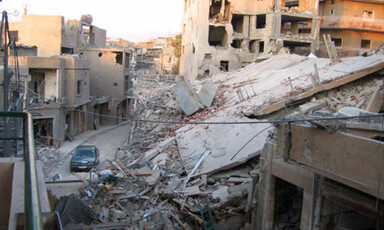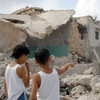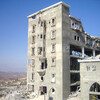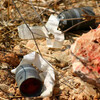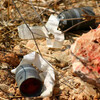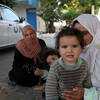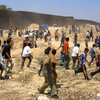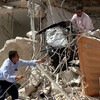
Weekly Report: On Israeli Human Rights Violations in the Occupied Palestinian Territory
31 August 2006
During the reported period, IOF killed 28 Palestinians, including 3 children, a mentally disabled young man and an old man. In addition, a man and a woman died from previous wounded. In the Gaza Strip, IOF killed 23 Palestinians, including 11 civilians. These civilians included 3 children and a mentally disabled young man. Twenty of the victims, including the three children, were killed by IOF during a 4-day offensive on al-Shojaeya neighborhood in the east of Gaza City. Two of the victims are from the Abu al-Qumboz family, and were killed while they were inside their houses. Read more about Weekly Report: On Israeli Human Rights Violations in the Occupied Palestinian Territory


